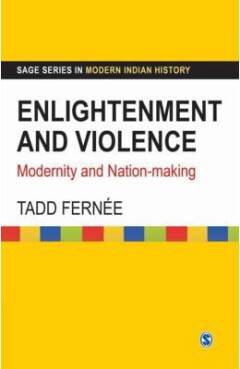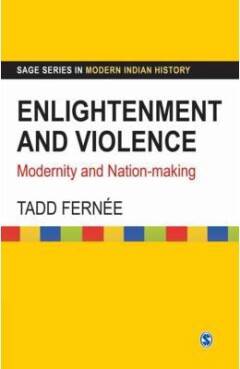
- Retrait gratuit dans votre magasin Club
- 7.000.000 titres dans notre catalogue
- Payer en toute sécurité
- Toujours un magasin près de chez vous
- Retrait gratuit dans votre magasin Club
- 7.000.0000 titres dans notre catalogue
- Payer en toute sécurité
- Toujours un magasin près de chez vous
Description
Enlightenment and Violence is a history of ideas that proposes a multi-centred and non-Eurocentric interpretation of the Enlightenment as a human heritage. This comparative study reconstructs how modernity was negotiated in different intellectual and political contexts as a national discourse within the broader heritage of Enlightenment.
The author has compared 16th and 20th century Indian history to the early modern histories of Persia, Turkey and Western Europe in order to ground analysis of their 20th century nation-making experiences within a common problematic.
The focus is upon an ethic of reconciliation over totalizing projects as a means to create non-violent conflict resolution in the modern context. It is suggested that an emergent ethic of reconciliation in nation-making--inspired by the Indian paradigm--harbours the potential to create more democratic and open societies, in rejection of the authoritarian patterns that too frequently shaped the experiences of the 20th century.
Spécifications
Parties prenantes
- Auteur(s) :
- Editeur:
Contenu
- Nombre de pages :
- 454
- Langue:
- Anglais
- Collection :
- Tome:
- n° 15
Caractéristiques
- EAN:
- 9788132113195
- Date de parution :
- 07-01-14
- Format:
- Livre relié
- Format numérique:
- Genaaid
- Dimensions :
- 145 mm x 218 mm
- Poids :
- 612 g

Les avis
Nous publions uniquement les avis qui respectent les conditions requises. Consultez nos conditions pour les avis.






